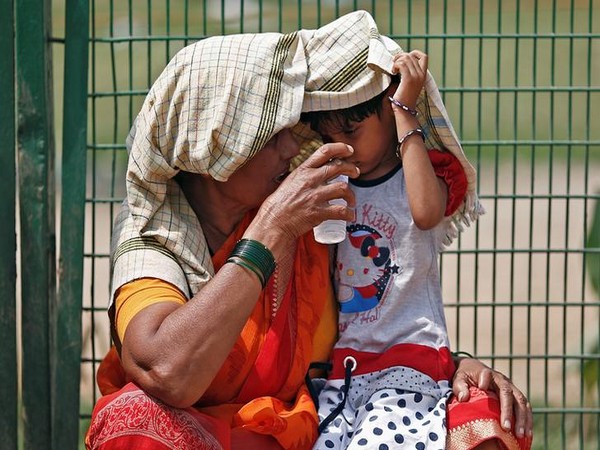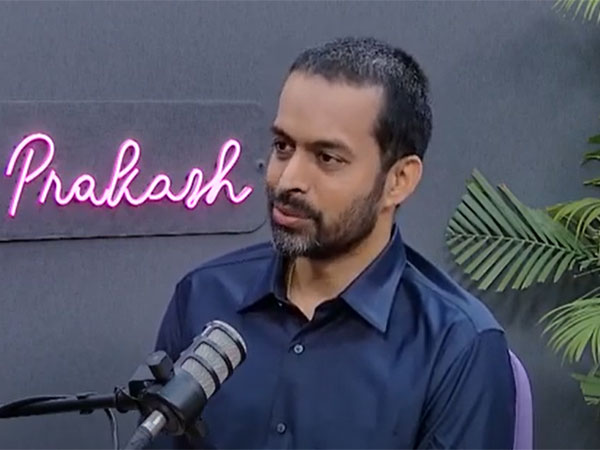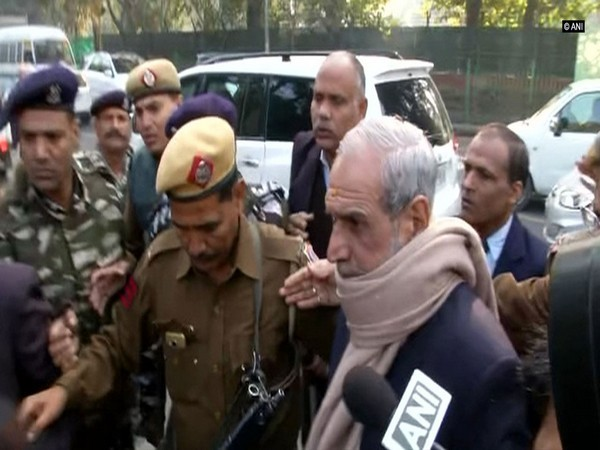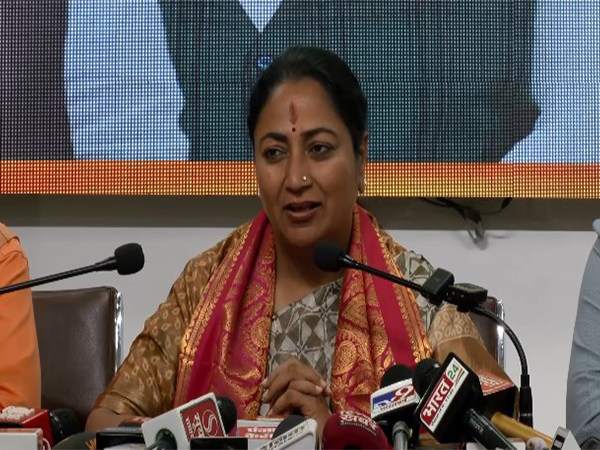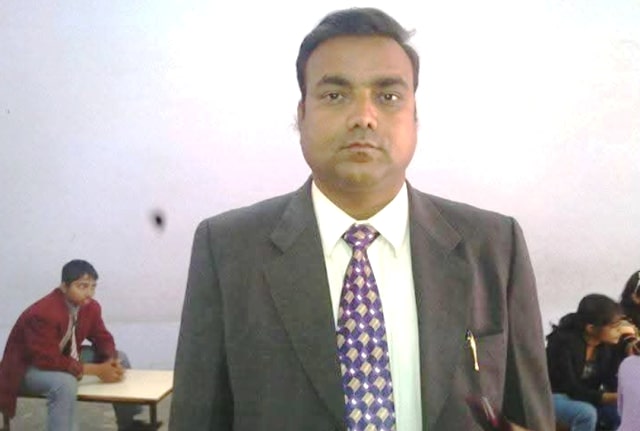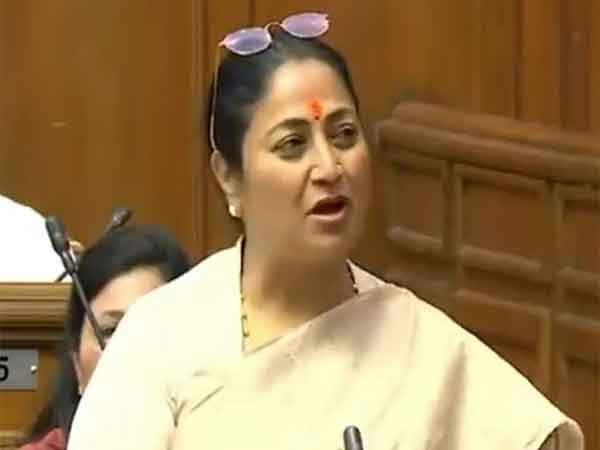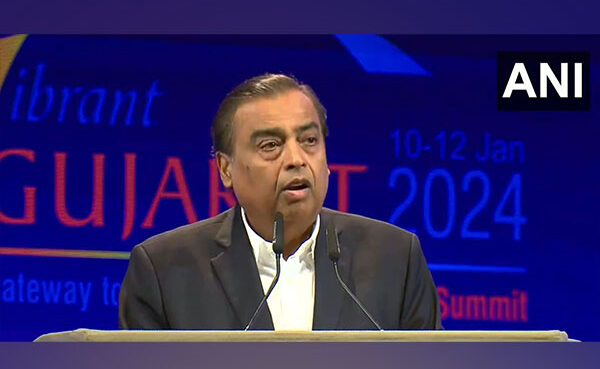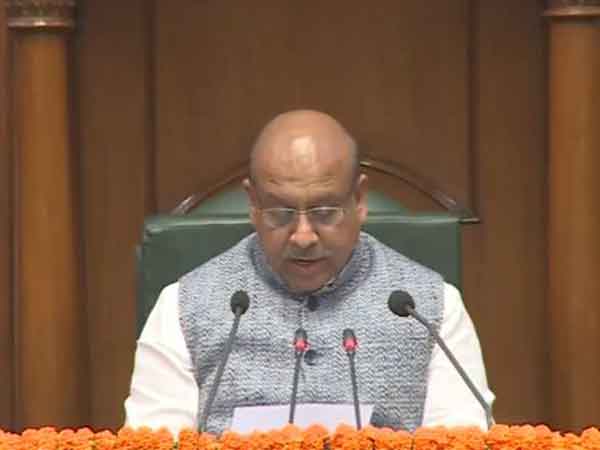The BJP government in Delhi led by Chief Minister Rekha Gupta on Tuesday tabled the CAG report on the Delhi Excise Policy.
The ‘Performance Audit on Regulation and Supply of Liquor in Delhi’ covers a period of four years from 2017-18 to 2020-21 and examines regulation and supply of Indian Made Foreign Liquor (IMFL) and Foreign Liquor in Delhi.
The report is one of the 14 pending CAG reports on the previous Aam Aami Party government’s performance.
According to the report tabled today, the audit observed several discrepancies in the way Excise Department monitored and regulated the supply of liquor in the National Capital Territory of Delhi.
It showed that the state government suffered cumulative losses of more than Rs 2,000 crore due to the 2021-2022 excise policy.
The working of the Excise Department raises several questions about the way the Department is fulfilling its responsibility. Total financial implication of the audit findings is approximately Rs 2,026.91 crore, as per an overview of the report .
The audit observed that the Department could not ensure the implementation of Rule 35 of Delhi Excise Rules, 2010, which prohibits the issue of multiple licenses of Performance Audit on Regulation and Supply of Liquor in Delhi – different category (Wholesaler, Retailer, HCR etc.) – to related parties, leading to the existence of common directorship among entities holding various License Types.
The Audit says, the Department was issuing licenses without checking various requirements relating to Excise Rules and Terms and Conditions for the issue of different type of licenses. It was observed that licenses were issued without ensuring solvency, submission of audited financial statements, submission of data regarding sales and wholesale price declared in other states and across the year, verification of criminal antecedents from the competent authority etc.
The Audit says, the Excise Department allowed discretion to L1 licensee (Manufacturer and Wholesaler) to declare its Ex-Distillery Price (EDP), for liquor priced above a certain level. All the price components after manufacture, including profit of manufacturer, were added thereafter.
The Audit observed varying EDP in various States for liquor supplied by same manufacturer unit. Further, this discretion allowed L1 licensee to manipulate prices of liquor to its own advantage, through increase in EDP. Analysis of pricing and sale of a few brands revealed that discretionary EDP led to decline in sales and consequent loss in excise revenue.
As the costing details were not sought to ascertain the reasonability of EDP, there was a risk of L1 licensee getting compensated by the profits hidden in increased EDP. The concept of EDP needs to be transparently defined and cost sheets should be obtained in support of the declared EDP. Department should regulate pricing so as to optimize excise revenue by analysing the impact of pricing on sales.
The Audit observered that there was inadequate Quality Control Ensuring that the liquor supplied in Delhi conforms to prescribed quality standards is the responsibility of the Excise Department.
The extant regulatory framework contained relevant provisions which makes it mandatory for the wholesale licensees (L1) to submit various test reports, at the time of issue of licenses, in accordance with the Bureau of Indian Standard (BIS) provisions, as Excise Commissioner had not prescribed separate quality specifications.
The Audit observed a number of instances where test reports were not compliant with BIS Specifications and the Excise Department issued licenses despite major shortcomings. Important test reports of water quality, harmful ingredients, heavy metals, methyl alcohol, microbiological tests reports etc., were not submitted for various brands.
In respect of 51 per cent of the test checked reports, relating to Foreign Liquor, it was found that test reports furnished were older than one year/or no test report was provided/date not mentioned.
The Audit also found weak Regulatory Functioning. The role of the Excise Department was largely limited to making record of seizures and disposal of case property and data suggested that the Excise Intelligence Bureau (EIB) failed to act as an effective deterrent. The data maintained by the Department was fragmented and rudimentary with little to no analytical value, which further hindered any attempt at gaining data driven actionable insights.
The Audit found poor execution of Enforcement function. Various critical weaknesses were noticed which hampered the ability of the Department to either penalise violation appropriately or act as sufficient deterrent against further violations.
The actual raids were discretionary and fragmented in the absence of any Standard Operating Procedure. Further, lack of rigour in evidence collection and substantiation including utilization of ESCIMS data did put the cases on weak footing to begin with. Lapses were observed at each stage of the enforcement process, ranging from incorrect Inspection Reports to deficient show cause notices.
The audit found lacunae in End to End Tracking of Inventory. The Department’s inability to ensure sale of all the liquor through scanning led to the adoption of stock reconciliation post-sale (Monthly Stock Reconciliation- MSR Gap) which was outside the scope of contract agreement. This reconciliation procedure introduced various anomalies in the sales data and undermined inventory tracking, data accuracy, regulatory effectiveness and also increased the risk of NonDuty Paid Liquor being circulated through use of duplicate barcodes.
Further, the project of Excise Adhesive Labels, aimed at enhancing security of labels, could not be implemented as a result of which the objective of authenticity, traceability and security aspects of the supply side could not be achieved.
The Audit found infirmities in formation of Excise Policy Recommendations of the Expert Committee, formed for suggesting changes for formation of new Excise Policy, were ignored while formation of the same, justification of which was not available in records provided.
These changes included grant of wholesale license to private entities instead of State owned wholesale entity, upfront charging of excise duty in the license fees in place of excise duty to be charged per bottle, applicant being allowed to get a maximum of 54 retail vends in place of an individual being allotted a maximum of two vends.
Further, in violation of Cabinet decision, necessary permissions from the Cabinet/opinion of the Lieutenant Governor were not obtained before giving important exemptions/relaxations having revenue implications.
The Audit found issue in Design and Award of Licenses. One of the objectives of the policy was prevention of the formation of monopoly or cartel. However, the new policy had inherent design issues including the imposed exclusivity arrangement between manufacturers and wholesalers and formation of retail zone with a minimum of 27 wards in each zone. These issues resulted in limiting the number of total licensees and increasing the risk of monopolisation and cartel formation. It was noticed that wholesale licenses for supply of IMFL and FL were granted to 14 business entities, whereas the same were granted to 77 manufacturers of IMFL and 24 suppliers of FL in the old policy (2020-21).
Similarly, for the purpose of Retail Vends, Delhi was divided into 32 Zones (containing 849 vends) whose licenses were granted to 22 entities through tendering, whereas, 377 retail vends were run by four Government Corporations and 262 retail vends were allotted to private individuals previously. Moreover, cases of related business entities holding licenses across the supply chain and skewed distribution pattern highlighted the risk of exclusivity arrangements and Brand Pushing.
The Audit found issues in implementation of Excise Policy. While some retailers retained licenses till the expiry of the policy period, some surrendered the same before the policy period was over. As retail licensees were limited in numbers, it caused disruption in supply because the Policy did not contain any provision requiring the licensees to give advance notice before surrendering the license.
Further, there was revenue loss of approximately Rs 890 crore to the Government as it did not retender the surrendered retail licenses. In spite of being aware that vends were required to be opened in non-conforming wards in order to achieve the objective of equitable distribution, the Department did not take timely action to work out modalities leading to non-achievement of the objective.
It also resulted in loss of revenue of approximately Rs 941 crore due to exemptions which had to be given to the zonal licensees. Despite being mentioned in the conditions of the Tender Document that any commercial risk shall lie with the licensee, clarification provided during the pre-bid meeting that there is no provision for force majeure and against the opinion of the Excise Department to relax the license fees, a waiver of license fees of Rs 144 crore was granted to the zonal licensees on the basis of COVID restrictions (28 December 2021 to 27 January, 2022), resulting in loss of revenue to the Government. Performance Audit on Regulation and Supply of Liquor in Delhi.
Incorrect collection of Security Deposit from zonal Licensees, led to loss of revenue of around Rs 27 Crore. Therefore, these implementation issues of the new policy led to a loss of revenue of approximately Rs 2,002 crore. Excise Policy aimed to eradicate sale of spurious liquor and check bootlegging. However, important measures which were planned in the policy like setting up of liquor testing laboratories, batch testing for rigorous quality assurance, and monitoring and regulation through creation of a dedicated post were not ensured. (ANI)
